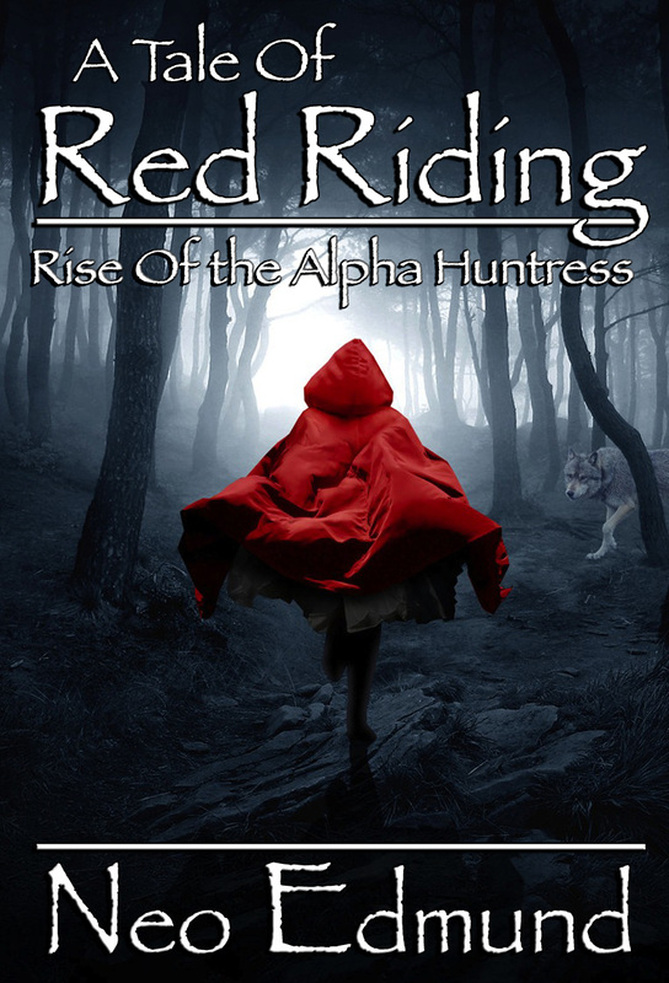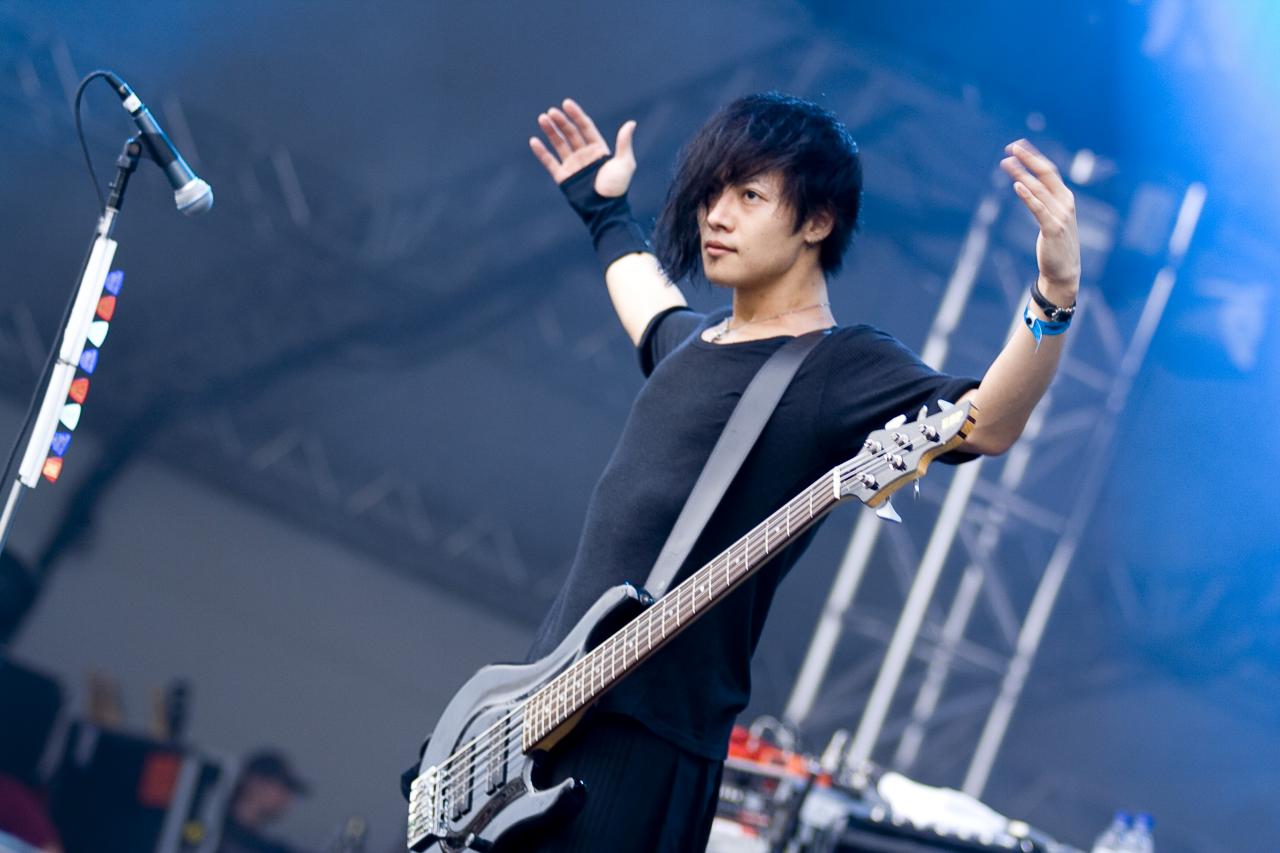Written by staticsan
Amongst the works of Science Fiction, there is a significant subset called Hard Science Fiction. You may have heard the term. Works in that sub-genre usually have science that works, or is at least plausible, and little if any hand-waving. The hardest of hard will do away with things known to be “probably” impossible, such as faster-than-light (FTL) space travel, but even fairly hard science fiction can find a place for that.
Larry Niven is often held up as a writer of fairly hard science fiction. And with good reason. He likes using the limitations of physics to make the story work and limits are usually an excellent way for a writer to create a story. He even wrote a short story about that doing exactly that. For the novel “The Mote In God’s Eye”, Niven and co-writer Jerry Pournelle created a huge body of work – most of it still unpublished – just to describe the science of the future it’s set in. Part of that was making a form of FTL transport work. They managed to create a very original method of FTL travel with some quite severe limitations (it’s called an Alderson Drive, if you want to look it up). And these limitations became essential to the book’s premise. That shows the quality of their research.
That’s not to say hard science fiction can’t be interesting. The webcomic Freefall (freefall.purrsia.com) is rich in humour and absurdity, yet the science it contains is actually pretty hard. I didn’t realize for the longest time quite how hard. It is set on a colony planet: so far, they’ve gotten insects happening but no larger wild animals. There have been a few story lines involving satellites and orbital mechanics and some real issues about low-g manoeuvres, for instance. There are artificially intelligent robots which outnumber the humans by a large factor. As I type this, the current storyline involves a neural pruning algorithm for their robots’ AI, for example. It’s difficult to get much harder than that.
So how does this apply to Fantasy? Is it just about the research? But how do you research magic?
Fantasy is usually the sort of stories that have things you can’t find science to explain. The elephant in that room is, of course, magic, but other things include include psychic powers (for example, telepathy or telekinesis), non-human races (elves, dwarves, …), created worlds, other planes of existence, whole pantheons of gods… the list goes on.
Of course, authors usually come up with something approaching a coherent magic system. In his Belgariad world, David Eddings had sourcery (the Will and the Word) and magic/witchcraft (demon raising) as the main two. And the differences encountered by the characters drive key plot points. A very different system was invented by J. K. Rowling for the Harry Potter universe. We can even understand most of the dog-Latin she uses. Her research is obvious.
Fantasy settings also play a lot with what would be possible in particular historical times. A lot of other-world fantasies look a lot like pre-industrial or medieval Europe. Walking, horses and tiny ships are the main modes of transport. Rural roads are dirt and run to mud in heavy rain. Most of the population live in villages and towns rather than cities. Weaponry tends towards swords and crossbows. You get the idea.
There are anomolies. Many modern fantasy works have locks from just last century, for instance. In some, I wonder why they don’t have steam engines. And then I remember: because the author didn’t write them in.
But fantasy can be harder than that. Much harder. For a lot of the English population in the early middle ages, life was often brutally hard. Pick a rural village and you were unlikely to find many horses; oxen were cheaper. If you got called up to fight, an arrow in the shoulder would almost kill you, but usually from blood-loss in a few hours, or infection in a few weeks. I used this fact in some of my own writing and it gave me a wonderful scene: my main protagonist was hit and went into shock, and then lost consciousness. The other characters now had to work together in a new way to tend to his wound and were not confident of success. This is harder fantasy than in many popular works. But it worked.
Katherine Kerr writes fairly hard fantasy. When her storylines detour through mundane life in the dunns, we see glimpses of an non-industrial society without magic. Her research taught her that a lot women in those communities spent a lot of their time simply making clothes. It was a minor plot-point for one character. You can tell it caught my attention.
C. J. Cherryh uses her knowledge of archaeology to good use. The city-based societies in her Fortress series are wonderfully detailed. There are kings and lords with considerable retinues: servants, men-at-arms, clerics and other hangers on. Quite a few times there are scenes of massive activity as one of these sets out or arrives somewhere and must be housed by the visiting noble. This is another world where magic is not accessible by the vast majority of the population. And her research shows a place that works without it.
I have a taste for fantasy because my favourite piece of history to study is the middle ages. I also find that magic needs a rarity value for it to be fantastic. The novels set in the various Dungeons and Dragons settings are very much the opposite: magic is so widespread that it takes something truly exceptional to be amazing. I’ve heard that some readers think there is too much magic in most of those settings.
I prefer the other end of the spectrum. It can make it darker and grittier. And maybe it’s easier to suspend disbelief for the little bit of magic to make the story a piece of fantasy. Either way, the research and how I use it is very important. And so it should be for you, too.
















Comments are closed.